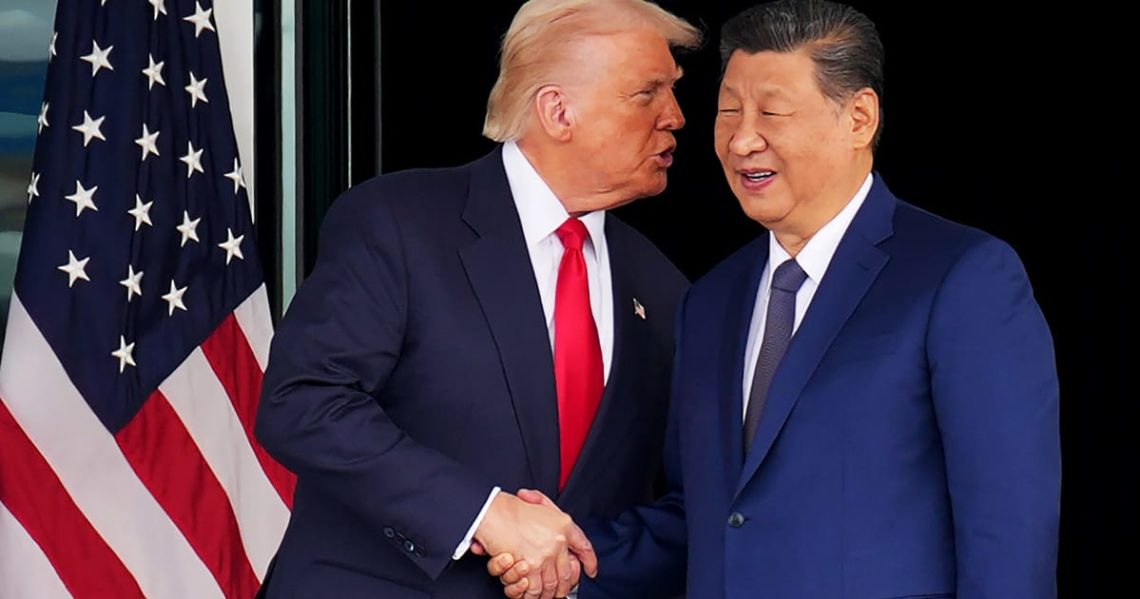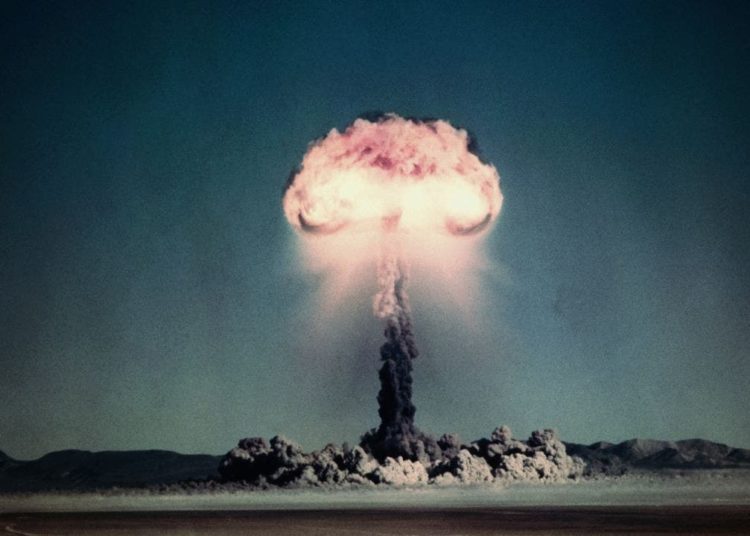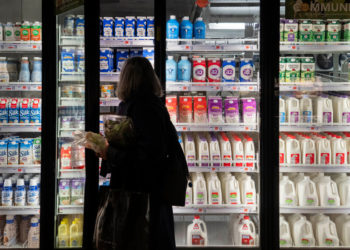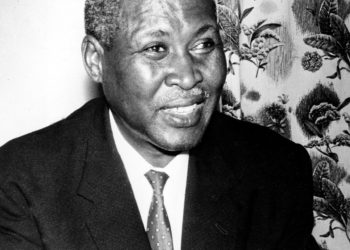An emerging U.S.-China detente gives European leaders breathing room to find a strategy on trade, raw materials and the war in Ukraine — but the thaw between the two great powers risks pushing European interests to the side.
President Donald Trump and his counterpart Xi Jinping agreed to a significant de-escalation in their trade spat during a head-to-head Thursday in South Korea, pausing export controls on rare earth magnets and other critical raw materials for 12 months.
While the move is good news for European companies that have been caught in the crossfire, other sticking points in the Europe-China relationship will be harder to resolve, even with the gift of time.
Brussels, under pressure from Trump and in pursuit of its own strategic interests, is trying — without notable success — to sway Beijing from supporting Russia in its war on Ukraine.
At the same time the EU is doing its best to keep the temperature down in its longstanding trade standoff with China, whose intensity has ratcheted up recently with the imposition of limits on exports of critical raw materials and microchips. Both measures have had an immediate negative impact on European industry, particularly automakers which were already struggling prior to the restrictions.
Fears of lasting, irreversible damage to Europe’s industries have led the EU to take a more conciliatory stance in its trade standoff, emphasizing engagement and dialogue rather than punitive measures.
Yet Chinese officials have balked at the slow and uncoordinated pace of discussions with the EU, leading Beijing to drop Europe down its list of priorities, according to Jeremy Chan, a senior analyst at Eurasia Group.
“The EU is a secondary at best, maybe a tertiary or a non-consideration for both Washington and Beijing in these negotiations,” Chan told POLITICO.
‘Let them fight’
The top political priority for the EU is ending the war in Ukraine — something that Trump while on the campaign trail promised to do within his first 24 hours in office. Almost a year into his term, the fighting continues, aided by China propping up Russia’s economy through investments and oil purchases.
At the urging of the White House, the EU included Chinese banks and refineries in its two latest rounds of sanctions targeting Russia, arguing the entities were helping Moscow evade sanctions. This prompted an angry response from top Chinese officials including Prime Minister Li Qiang, who branded the sanctions “unacceptable” during a meeting with European Council President Antonio Costa in Asia this week, per an EU official.
European Commission President Ursula von der Leyen and the bloc’s top diplomat, Kaja Kallas, have both called out Beijing’s support for Moscow in explicit terms, with the former saying in July that it has a “direct and dangerous impact on European security.”
Ukraine had hoped Trump would pressure Beijing to stop buying Russian oil, but the American president told media on Air Force One that the issue was not on the table — although he did say the war in Ukraine “came up very strongly,” with both sides hoping to find an end to the fighting.
“He’s going to help us and we’re going to work together on Ukraine,” Trump said, referring to the Chinese president.
Industries held hostage
While China’s export controls were not directed at the EU, the bloc’s companies faced long delays and sharp price hikes in contending with the subsequent shortage of raw materials and magnets. China accounts for 98 percent of the EU’s rare earth permanent magnets.
The geopolitical firestorm sent the European Commission into overdrive to secure its own supplies of the magnets and launch a plan to diversify Europe’s supply chain by the end of the year.
But the EU has been here before. Just two years ago it passed the Critical Raw Materials Act to solve this exact problem, and yet all the deals that have been signed have failed to deliver actual products. Its latest scheme is big on ideas and short on specifics.
The one-year pause on export controls agreed between Trump and Xi affords the EU some time to put that plan into action and leverage its other alliances — including efforts unfolding at the G7 this week with Canada, along with the U.K., Italy, France and Germany seeking to diversify away from China’s grip.
But for companies looking for clarity, the catch is that none of the agreements made between Trump and Xi are binding.
“As long as we don’t see any details hammered out and put on paper it leaves a lot of room for both sides backtracking and applying various other conditions, so I don’t think that this is really settled,” said Alexander Gabuev, director of the Carnegie Russia Eurasia Center.
Security concerns
In the U.K., pressure is expected to build for policymakers to use the temporary U.S. truce to minimize the risks from China.
British PM Keir Starmer has thus far failed to resolve longstanding tensions between “securocrats” in parliament and Whitehall, who want to see a tougher stance toward Beijing, and those who argue for a closer embrace in order to boost inward investment.
Prominent members of the government have traveled to Beijing in pursuit of strengthened ties since Starmer took office, despite his overriding foreign policy aim of cleaving close to Trump.
China has become a particular sore point for Starmer in recent weeks due to the collapse of the prosecution of two men accused of spying for Beijing, while ministers have yet to decide the fate of a planned Chinese “super-embassy” in London.
Back in the EU, divisions among member countries over how to counter China’s power — and any subsequent retribution — make a unified stance toward Beijing on trade or dumping measures unlikely.
Brussels got a glimpse of its internal factions when it slapped duties on made-in-China electric vehicles following an anti-subsidy investigation. Automakers and their political benefactors fear Chinese brands will dump their overcapacity in the European market, bringing a severe price war to Europe’s shores.
Yet for all the handwringing over how to protect domestic automakers, the votes of EU capitals on the duties revealed how economically exposed each is to China, with Germany launching a last-minute appeal to stop the duties.
The Netherlands is the latest EU member on the outs with China after Dutch authorities seized control of chipmaker Nexperia, prompting Beijing to hit back with export controls on Nexperia’s Chinese-produced chips. The shortage could halt production lines across Europe in less than a week, showcasing just how economically dependent Europe has become on China.
Let’s be friends
From the jump, Trump framed his sojourn to Asia as a “G2” summit, stoking fears that any deal would sideline other countries or that “British and European trade priorities could be overlooked or traded away without consultation,” said David Taylor, director of policy and programs at Asia House.
Sensing its declining influence in the Trump-Xi bromance, the EU is looking to bolster its trade ties elsewhere.
Trade chief Maroš Šefčovič is traveling to Australia in late November to chair an inaugural dialogue between the EU and the 12 members of the Comprehensive and Progressive Agreement for Trans-Pacific Partnership bloc, two diplomats told POLITICO. The dialogue is meant to deepen economic and political ties between the EU and countries keen to maintain established global trade rules.
Brussels will have a chance to do just that when it hosts a delegation of high-level Chinese officials on Friday. They’re expected to meet with the Commission’s trade deputy-director general, Denis Redonnet, and other senior officials.
Experts caution that Europe will need to maintain pressure on Beijing to get any movement on its priorities.
“Europe cannot just simply be waiting to see what happens on talks between [the] United States and China,” said Ignacio Garcia Bercero, a former director at the Commission’s trade department. “It needs to develop its own channel of dialogue with China.”
The post Trump-Xi deal buys Europe (some) time on China appeared first on Politico.




